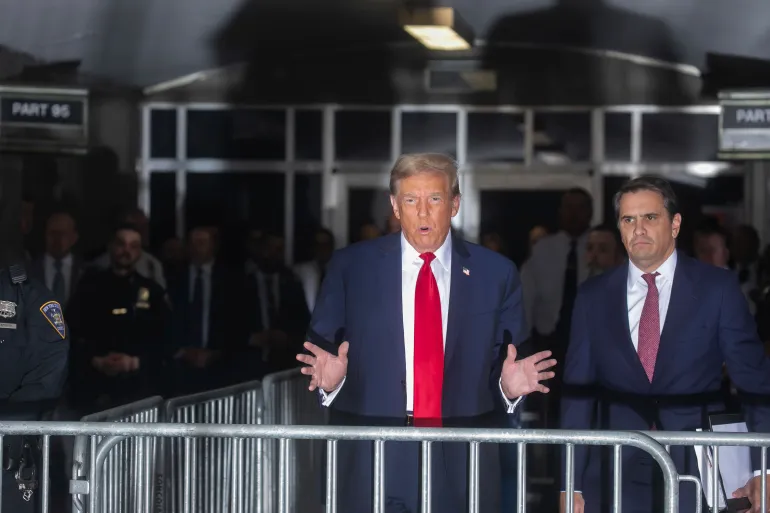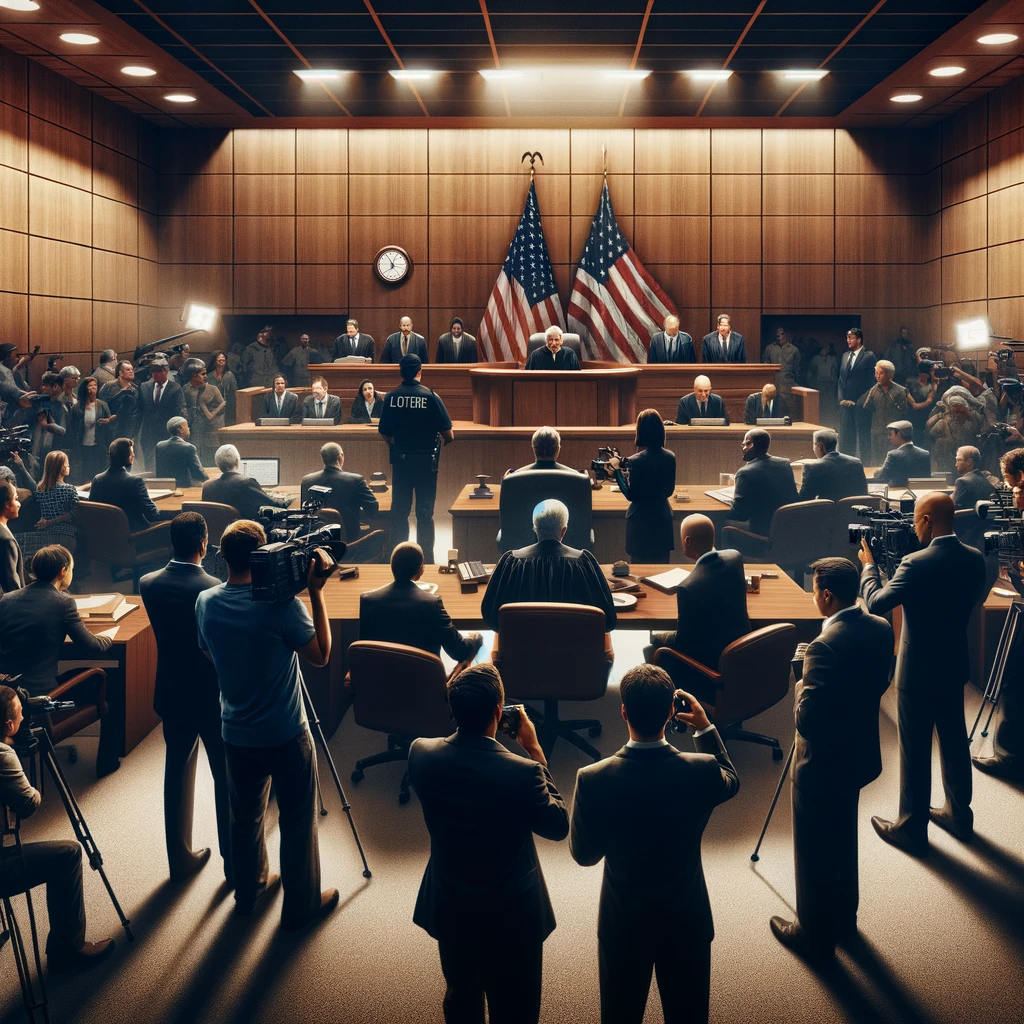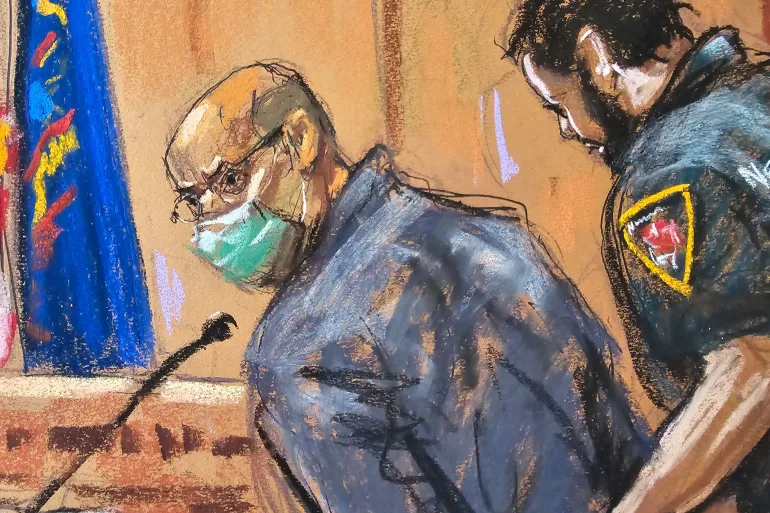On April 15, 2024, a significant chapter in American legal history was written as Donald J. Trump, former President of the United States, faced the start of his criminal trial in New York. This event marked the first time a former U.S. president has stood trial on criminal charges, underscoring a pivotal moment not only in Trump’s post-presidency life but also in the annals of American jurisprudence.
Overview of the Trial
The trial, held at the Manhattan Criminal Court, revolves around allegations that Trump falsified business records connected to hush-money payments. These payments were allegedly made to adult film star Stormy Daniels to prevent her from disclosing an affair during the critical months leading up to the 2016 presidential election. Trump has vehemently denied the affair and the allegations, describing the charges against him as a political “witch hunt” and an “assault on America.”

Events of the Day
The first day of the trial was marked by intense media scrutiny and public interest. Trump arrived at the court dressed in his typical blue suit and red tie, adorned with a U.S. flag lapel pin, and was met by a mix of supporters and protesters. Inside the courtroom, the process began with jury selection, a step that could take several weeks given the high-profile nature of the case and inherent political sensitivities.
Trump’s legal team and prosecutors commenced what is expected to be a six-week-long trial process. Trump’s presence and the weight of the historical moment were palpable, with every statement and procedural step being analyzed by the public and the media alike.
Key Legal Arguments and Takeaways
- Trump’s Defense: Throughout the day, Trump and his defense team framed the trial as a politically motivated persecution intended to damage his chances in the upcoming 2024 presidential election. He accused Manhattan District Attorney Alvin Bragg and the presiding judge, Juan Merchan, of bias and partisanship.
- Prosecution’s Stance: The prosecution is determined to prove that Trump’s actions were not only deceitful but also intended to manipulate public opinion and electoral outcomes by concealing potentially damaging information from voters.
- Jury Selection Challenges: The process of selecting a jury was complicated by the need to filter out bias, with many potential jurors expressing doubts about their ability to remain impartial. This highlights the deeply divisive nature of Trump as a figure in American politics.
- Public and Media Engagement: The trial has not only legal implications but also profound political and social ramifications, drawing attention from international media and stirring public debate on issues of law and leadership integrity.
Looking Ahead
As the trial proceeds, it promises to be a watershed in understanding how legal boundaries apply to the highest offices in the U.S. The outcomes could have lasting implications on the norms and expectations of presidential conduct.
Connection to Stop Trump Coin
In light of these events, and in anticipation of the need to uphold democratic values, the Stop Trump Coin is set to launch its presale in May. This cryptocurrency initiative is designed to support organizations and individuals who are committed to protecting democracy and preventing any potential undermining of the political process by figures like Donald J. Trump. The launch of Stop Trump Coin symbolizes a proactive step towards ensuring that democracy is not only preserved but also strengthened against future challenges.


